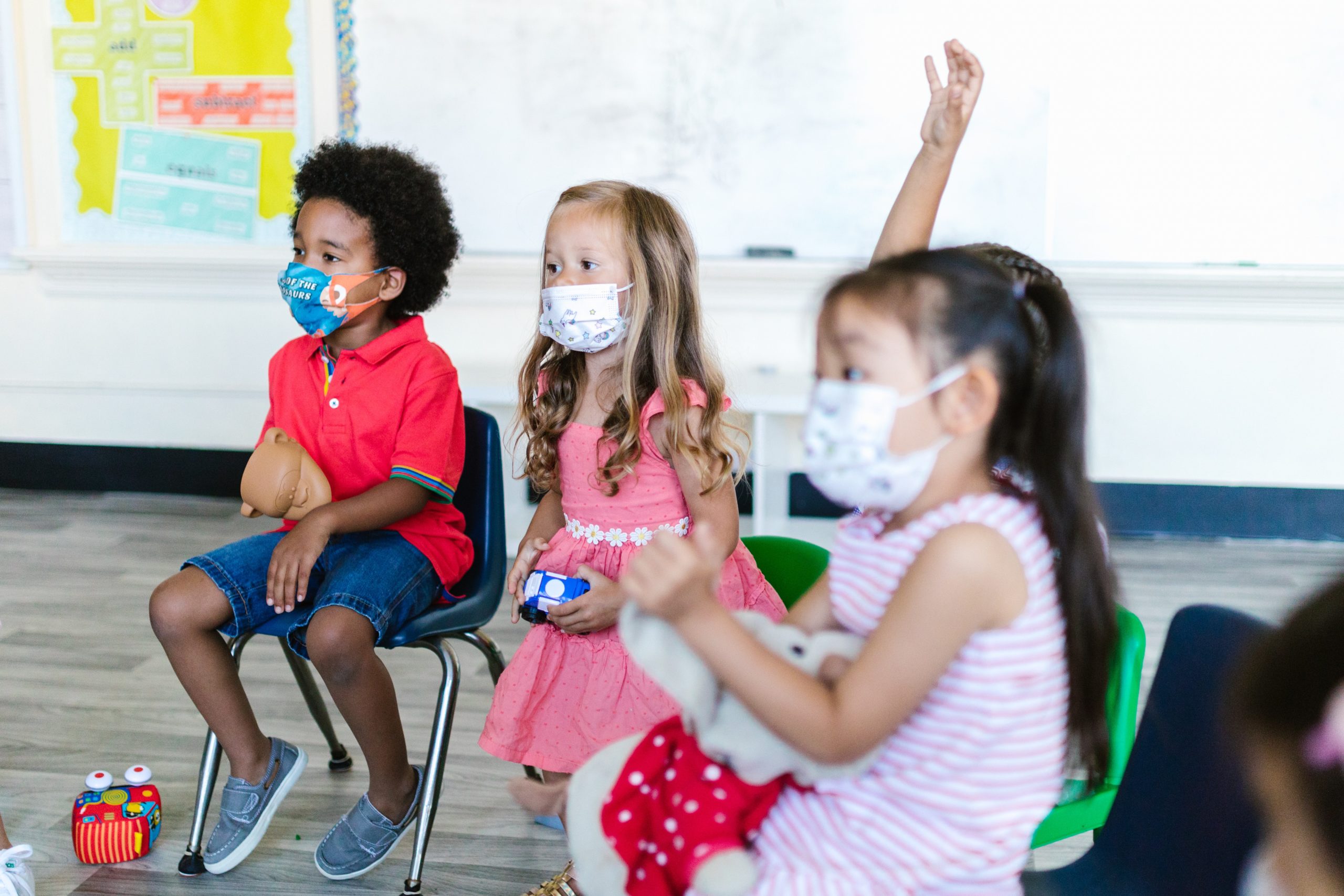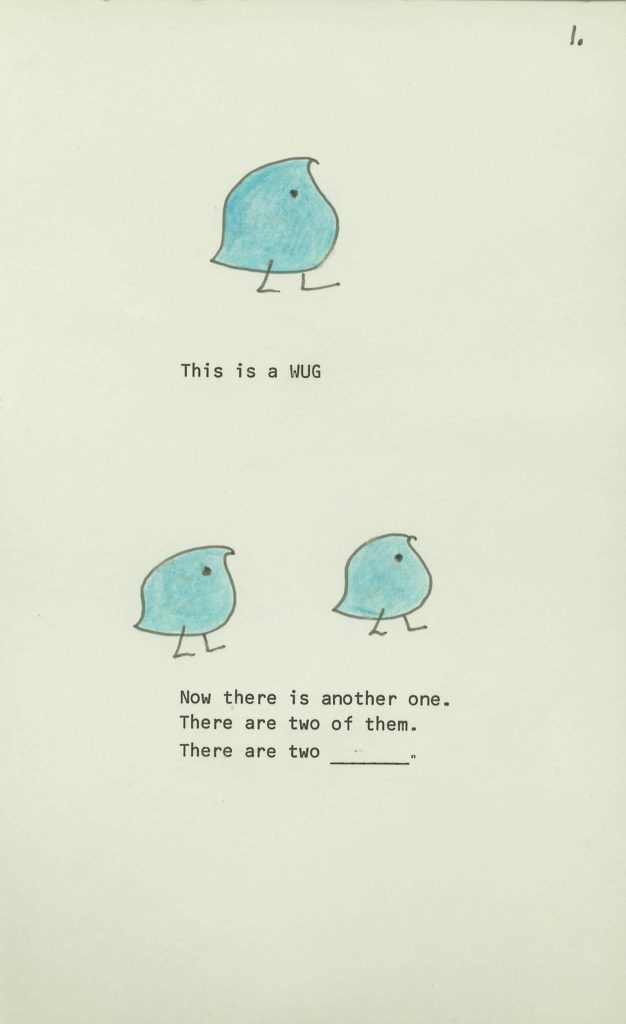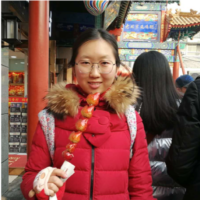Elicitation tasks are a category of research methods that refers to any technique aiming to bring out responses from people. It allows researchers to gain insights into what participants think and know. This method is used in a wide range of disciplines, from cognitive science to behavioral economics. Common elicitation tasks include questionnaires, interviews, and brainstorming sessions.

Elicitation tasks are designed in particularly creative ways in child research. Compared to adults, children are still developing in their social skills and ability to express themselves. Additionally, children may be nervous to speak out in a new environment or scared to disagree with what “serious-looking” researchers say. Given these reasons, common elicitation tasks like questionnaires and interviews often fail to bring out responses from young research participants—Imagine asking 4-year-olds to define their nuanced takes on morality! To solve this problem, child researchers need to come up with uniquely-designed tasks for children by carefully manipulating environmental and verbal stimuli. Games, puppet shows, and storytelling are all examples of elicitation tasks created by developmental researchers. These tasks are designed to mimic what children encounter in their daily lives to make them excited and talkative. While your typical 4-year-old is unable to talk about their understanding of morality, they would probably enjoy watching a puppet show and talking about whether the puppets are being good or bad.
A famous example of an elicitation task used in language development research is the Wug test. Designed by Jean Berko-Gleason in 1958 to explore children’s knowledge of plural grammar rules, the wug test presents a child with a made-up bird-like creature coined under the name “wug.” Afterwards, the child is shown a picture of two wugs, and asked: “now that there are two of them, these are two___?” If the child understands and knows how to apply the plural rule to new situations, she will likely answer “wugs.” Simple and easy to implement, the test craftily observes the child’s grammar knowledge that we may otherwise not have known by directly asking “how do you make a new word plural even if you’ve never heard it before?” Along with other elicitation tasks used in developmental studies, the wug test lends researchers tools to understand the minds of young children.


Jing Liu
Author
Jing is a senior majoring in psychology and statistics. She is interested in how children acquire their first words and categorize them into their existing network of knowledge. In general, she is just fascinated by how things she learn in her psychology courses can be applied to the real world. Jing enjoys playing flute, watching C-drama, chewing on boba, and secretly psychoanalyzing those around.
Elika Bergelson
Principal Investigator